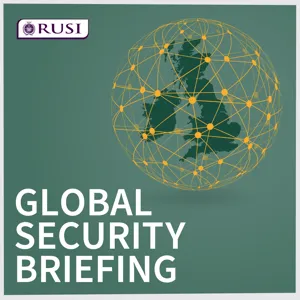Transatlantic Cooperation on Policy Towards China and the Indo-Pacific

With the rise of China and the centrality of the Indo-Pacific to economic and geopolitical affairs, we look at the challenges faced by governments in Europe and North America.
A history of solidarity and common approaches to dealing with threats affecting allies across the Atlantic might lead to the assumption that a transatlantic strategy and its supporting institutions would naturally emerge with regards to China. Shared commitments to universal human rights and adherence to a rules-based global order should also drive a convergence of policies. However, a variety of national political and trade considerations drive Europeans and North Americans in somewhat different directions when dealing with China.
On this episode of GSB, host Neil Melvin is joined by Philip Shetler-Jones, Senior Research Fellow at RUSI, and Andrew Cainey, RUSI Senior Associate Fellow and Founding Director of the UK National Committee on China, to discuss their latest research paper which tackles important questions such as: how much transatlantic cooperation on policy towards China is happening; why has it been difficult for allies on both sides of the Atlantic to agree on working together; and what do the differences between the Trump and Biden administrations’ approaches tell us about prospects for the future? This episode is brought to you as part of a RUSI project supported by the Carnegie Corporation of New York.
